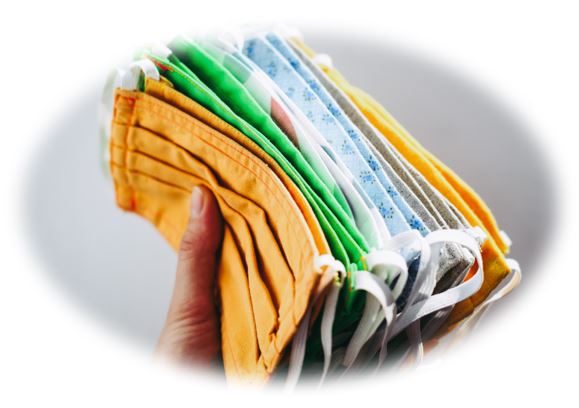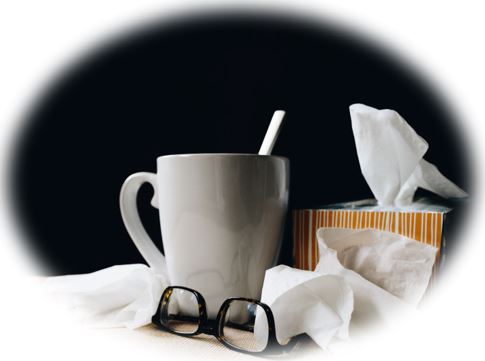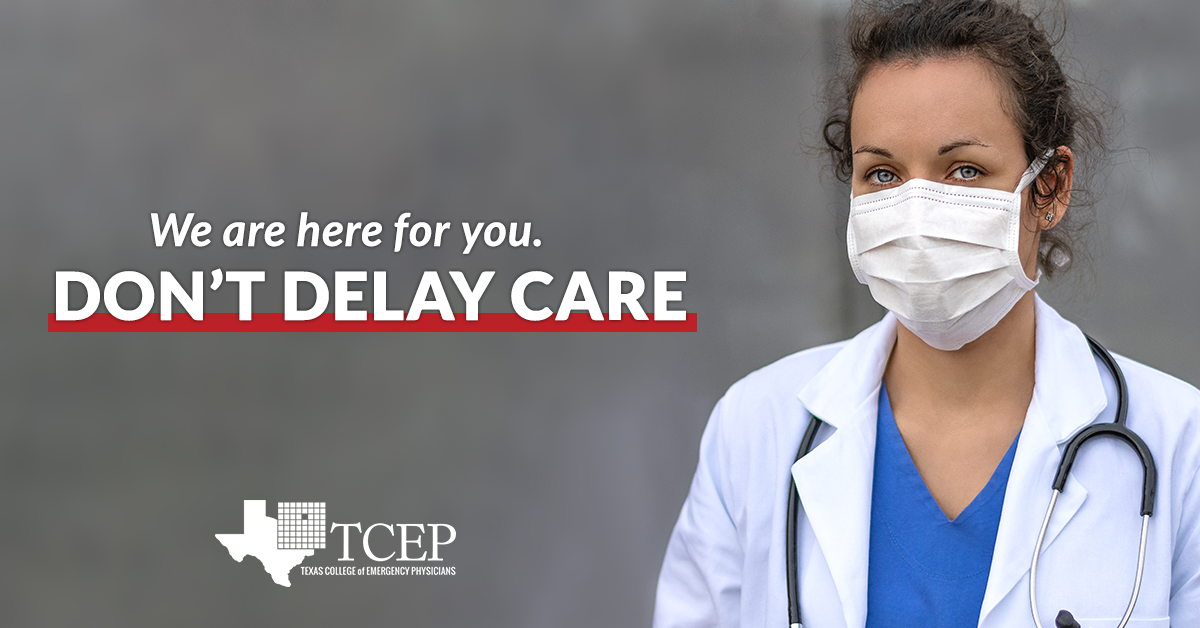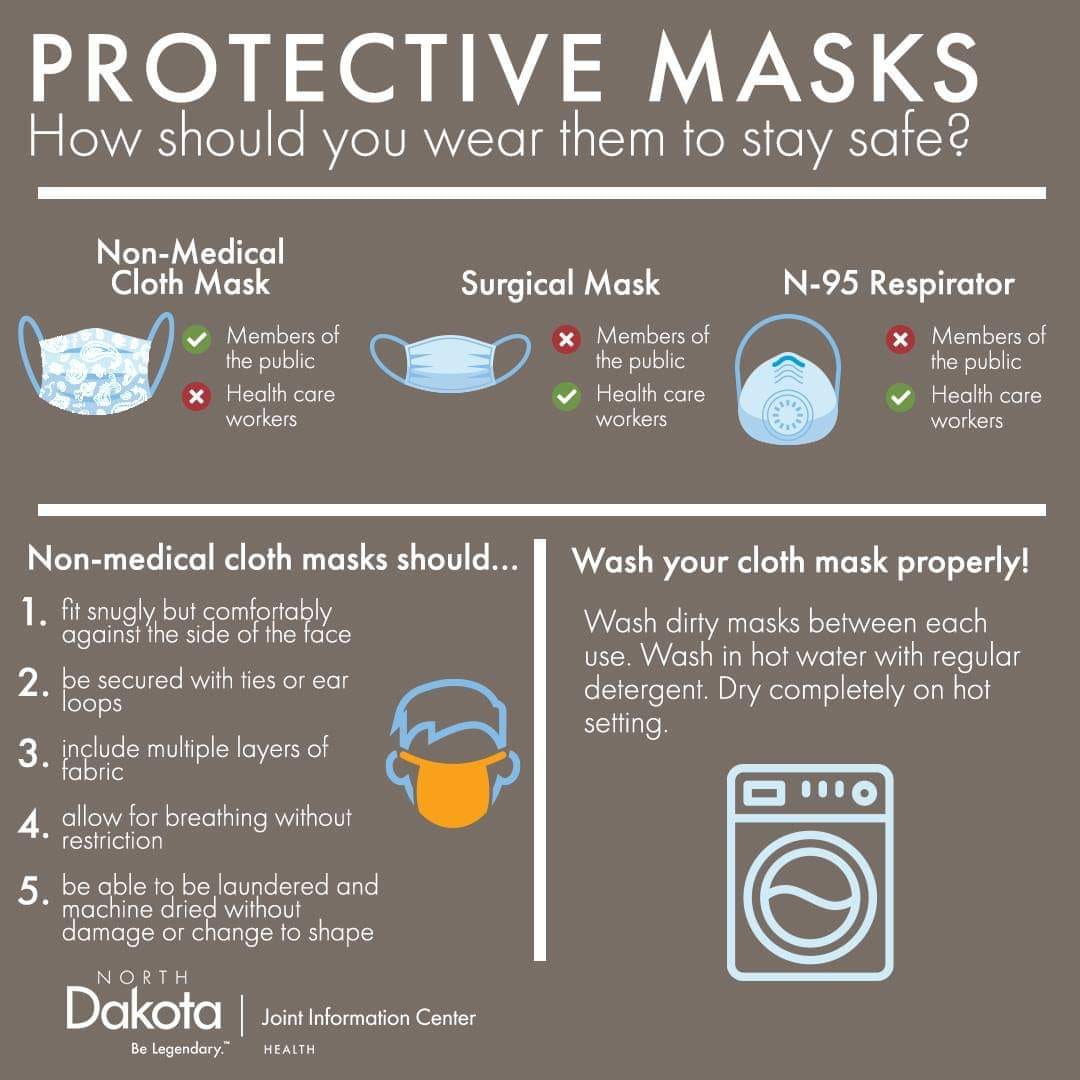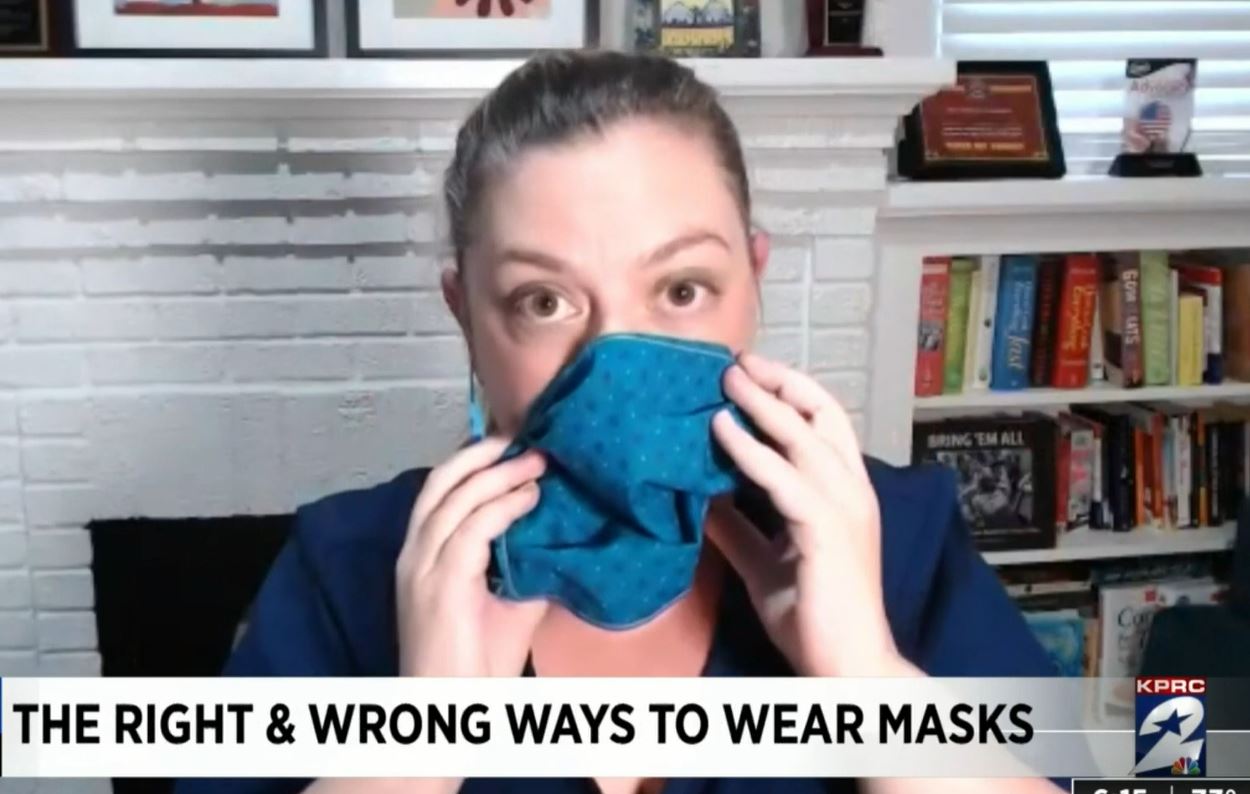COVID-19 Information for the General Public
COVID-19 Projections by StateCOVID-19 Texas Case DashboardCOVID-19 Global Case Dashboard
CLICK HERE to view TCEP Physicians intervied by various media outlets about COVID-19
July 9, 2020 A health emergency is an emergency. Don't delay care.
COVID-19 TESTING SITES:
• Referral to a drive-thru screening location. • Referral to a public health laboratory (make sure you meet the public health lab’s testing criteria)
How Health Care Workers are Protecting Families from Coronavirus May 5, 2020 Emergency Physicians: Drinking or Injecting Bleach Can Kill You April 25, 2020 Message to the public from TCEP President Elect, Dr. Robert HancockI know that there is substantial anxiety and uncertainty regarding COVID-19. I know there is a ton of information (and misinformation) out there, so I thought it might be helpful to give a synopsis of what we know: 1) COVID-19 is spread via droplets typically from the respiratory tract (mouth, nose, throat). The droplets do stay in the air for an extended period of time which means it acts similar to an airborne virus. It also can survive on surfaces for extended periods. You can become infected from this if you touch a surface and then touch your face. The best way to prevent this is frequent hand washing. 2) The average incubation period (time from infection to start of symptoms) is 5-6 days but can be as short as 2 days and as long as 14 days. Additionally, unlike the flu, patients are extremely contagious even before they show symptoms. This is the most concerning thing about this virus from an epidemiologic standpoint. 3) The first 8 days of infection are typically similar to the common cold and many people may not even realize they are infected. Symptoms typically worsen from days 8-10 and shortness of breath often develops during this period. Days 10-12 are the most concerning. Most people start to improve at this point, but a small percentage progress to worsening shortness of breath and ultimately respiratory failure. 4) We have learned a tremendous amount of information about treating these patients from social media discussion with the doctors who have seen the most cases in the most affected cities. As a result, we are developing treatment strategies that appear to reduce the number of patients ultimately requiring ventilators. 5) There are multiple drug trials that are ongoing. The data on hydroxychloroquine/azithromycin is conflicting and it is still very unclear if this is an effective treatment. There are multiple antiviral drug trials ongoing that are showing some promise in treatment. 6) Your best defense remains social distancing and hand washing. Wearing face coverings or masks does seem to offer some protection from the virus, as they do catch droplets before they can be inhaled. Be cautious to avoid cross-contamination. 7) Yes, I have treated multiple COVID-19 patients and I have put multiple patients on ventilators from it. I've been fortunate as I have had very good PPE and to date have had no symptoms of infection. 8) The most important message is that the vast majority of infected patients have only minimal symptoms and recover without any complications. The small subset of patients that worsen can be very unpredictable and do include relatively young healthy people. Your best defense remains social distancing and hand washing. I hope this helps everyone understand what we do know about this pandemic. Robert J. Hancock, DO FACEP |

